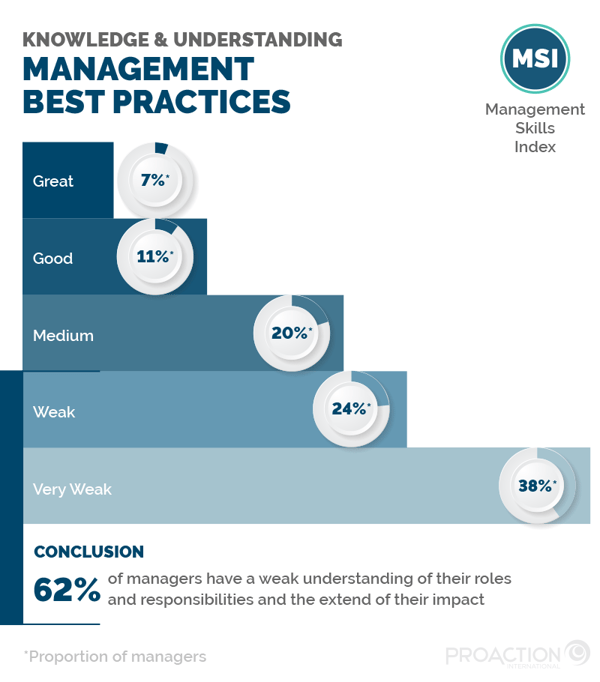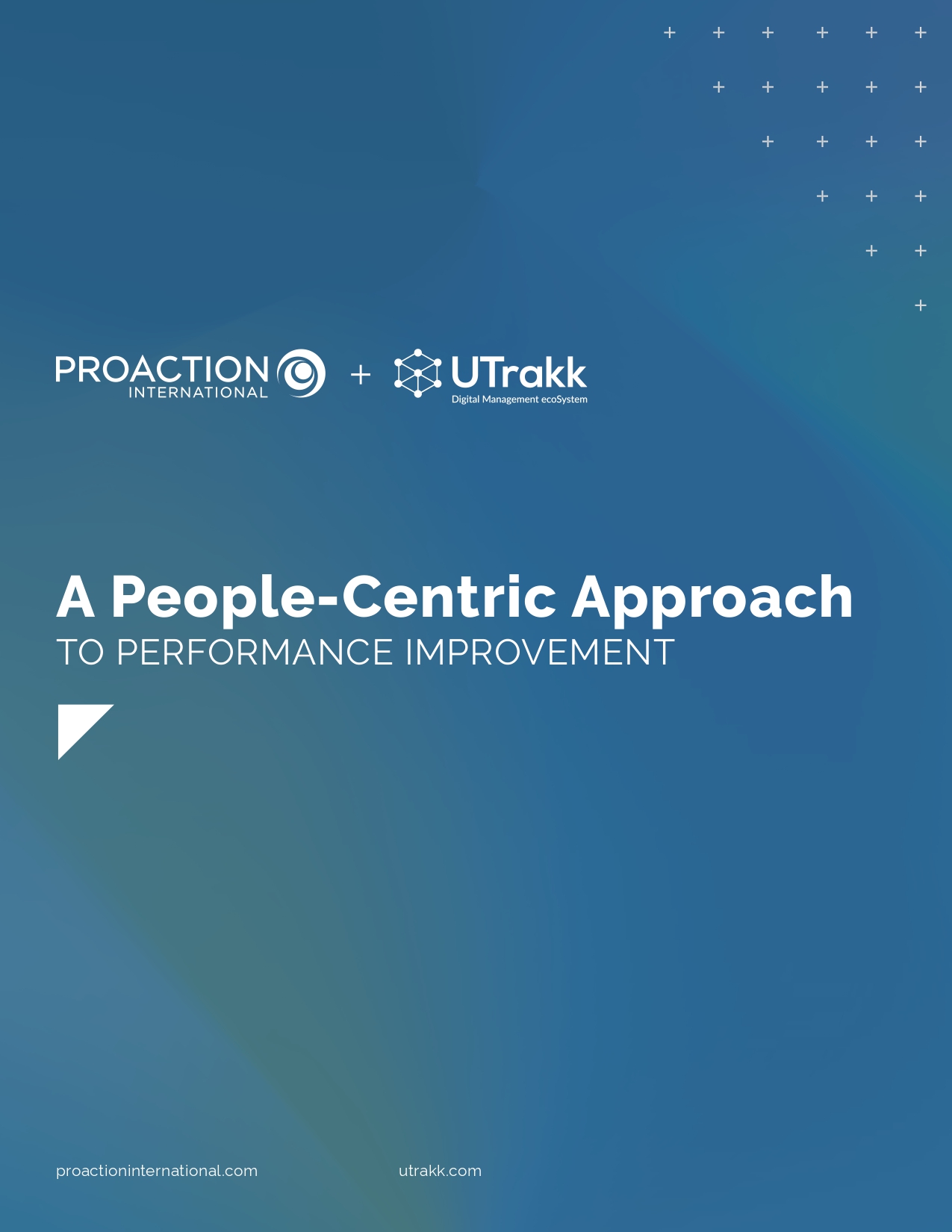Training vs. Coaching: going from good to great
Training is about teaching theoretical and practical knowledge, for example, about the front-line manager’s role and key topics for organizational performance. For training to lead to a sustainable improvement in performance, this knowledge must be transformed into management behaviors, adopted by managers, and maintained over time. Although very effective in developing knowledge, training alone does not however ensure that best practices are sustained.

By supporting managers in their daily work, coaching helps anchor the desired behaviors by transforming them into habits or, better yet, reflexes. When the best management practices are so deeply integrated that they become natural behaviors, the results on the organization’s performance are tenfold, in a sustainable way.
Active supervision coaching in the food industry
By coaching front-line managers to master and apply the principles of proactive supervision through Active Supervision Tours, food production, processing, and distribution organizations are empowered to win not only in terms of yield and material recovery but also in terms of product quality, employee engagement, health and safety, and environmental sustainability.
Whether they need to adapt to projected and fluctuating volumes, gain efficiency on cleaning and start-up of the production line, or improve material yield and recovery, coaching is a proven way of developing management skills to better drive performance and increase productivity.
People-centric management to thrive in the face of labor shortages
Management coaching not only influences companies’ operational performance – it intervenes at the human level. In other words, it helps create work environments that promote well-being, personal fulfillment, and, more generally, employee engagement.
I have seen our managers blossom through coaching. They are more present on the floor, more confident, and just rocking it with the DMS. The approach and the system gave them the ability to become strong leaders. -
Karen MaynardHuman Resources Director, Zavida Coffee
4.5 million Americans left their jobs in the movement known as the Great Resignation in the wake of the COVID-19 pandemic, and the trend continues into 2022. Businesses that do well focus on employee engagement and on their managers’ ability to create and keep it alive. These businesses will see their retention not only less affected but improved in the coming years.










